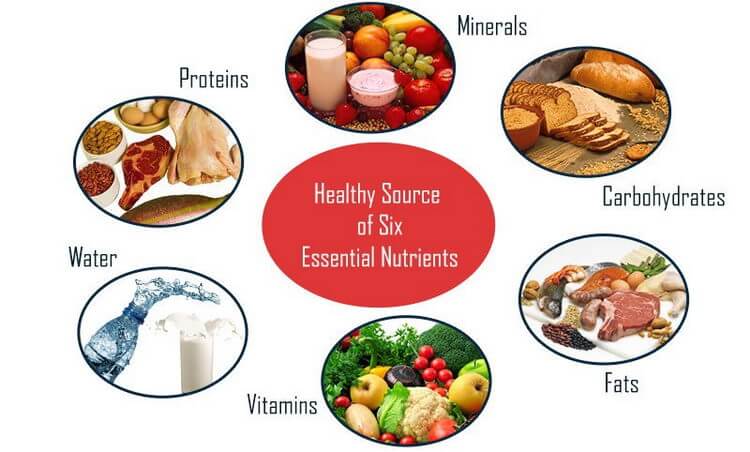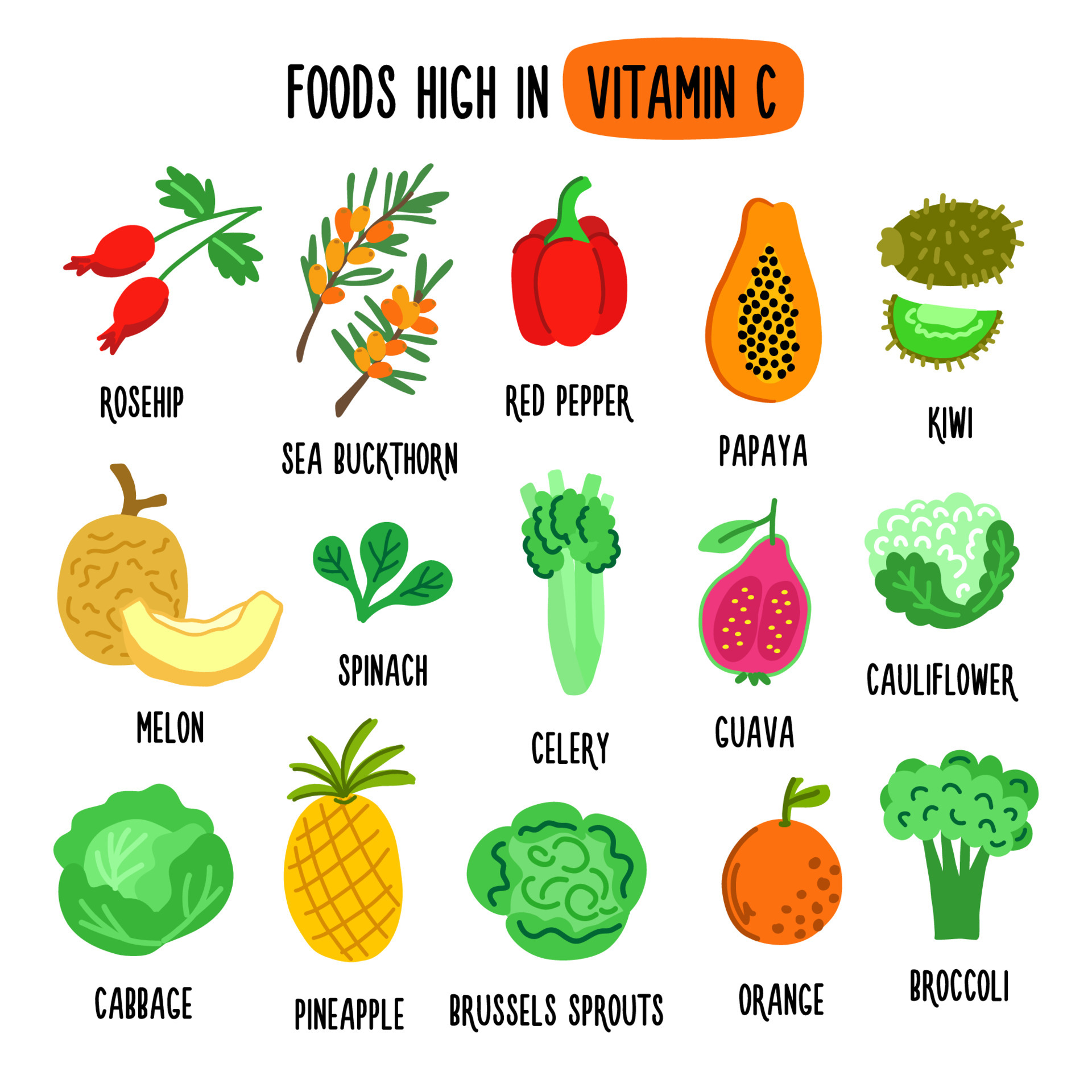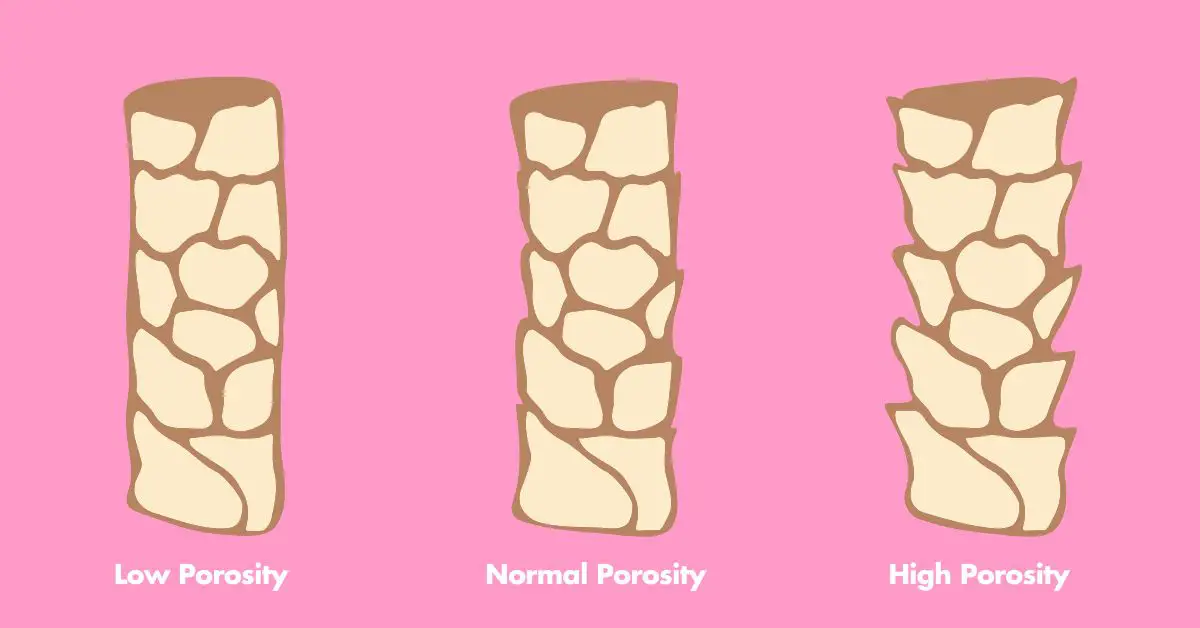7 Nutrients Your Hair Needs to Thrive
Dreaming of luscious, healthy locks? At hairy.cartlab.web.id, we understand the desire for vibrant, strong hair. More than just a cosmetic feature, your hair reflects your overall health. A balanced diet rich in specific nutrients is crucial for achieving and maintaining healthy, beautiful hair. This comprehensive guide will delve into the 7 Nutrients Your Hair Needs to Thrive, explaining their roles and how to incorporate them into your diet. We’ll explore how nutritional deficiencies can manifest in your hair and offer practical advice to nourish your strands from the inside out. Understanding the vital role of nutrition in hair health is the first step towards achieving your hair goals.
Hair health is a complex interplay of genetics, lifestyle, and nutrition. While genetics play a role in hair texture and thickness, providing your body with the necessary building blocks is essential for optimal hair growth and strength. Neglecting proper nutrition can lead to a variety of hair problems, including dryness, breakage, thinning, and even hair loss. By focusing on a diet rich in the right nutrients, you can significantly improve the overall health and appearance of your hair. This article will empower you to take control of your hair’s destiny through conscious dietary choices.
This journey to healthier hair starts with understanding the essential nutrients. We’ll explore each nutrient in detail, providing clear explanations and practical tips for incorporating them into your daily diet. Remember, consistency is key; making gradual changes to your eating habits will yield the best long-term results. Let’s embark on this journey together to uncover the secrets to thriving hair!

1. Protein: The Building Block of Hair

Hair is primarily composed of a protein called keratin. Without sufficient protein intake, your body may struggle to produce enough keratin, leading to weak, brittle hair that’s prone to breakage. Think of protein as the fundamental building block of strong, healthy hair. To ensure you’re getting enough, incorporate a variety of protein sources into your diet.
- Excellent sources: Lean meats (chicken, fish, turkey), eggs, dairy products (Greek yogurt, cheese), legumes (lentils, beans, chickpeas), nuts, and seeds.
- Daily requirement: The recommended daily allowance of protein varies depending on factors like age, activity level, and overall health. Consult a healthcare professional or registered dietitian to determine your individual needs.
- Deficiency symptoms: Brittle, thin hair; slow hair growth; increased hair shedding.
2. Iron: Fueling Hair Growth

Iron plays a vital role in carrying oxygen throughout the body, including to the hair follicles. Adequate iron levels are essential for healthy hair growth. Iron deficiency can lead to a condition called telogen effluvium, characterized by excessive hair shedding.
- Excellent sources: Red meat, spinach, lentils, beans, fortified cereals.
- Daily requirement: The recommended daily intake of iron varies depending on age, sex, and health status. Consult a doctor to determine your individual needs. Iron absorption can be enhanced by consuming vitamin C-rich foods alongside iron-rich foods.
- Deficiency symptoms: Hair loss, fatigue, weakness, pale skin. If you suspect an iron deficiency, consult your doctor for testing and treatment.
3. Biotin (Vitamin B7): Promoting Hair Growth and Strength

Biotin, also known as vitamin B7, is a crucial nutrient for healthy hair growth. It plays a key role in the production of keratin, the protein that makes up hair. A biotin deficiency can lead to hair thinning and breakage.
- Excellent sources: Eggs, almonds, sweet potatoes, salmon, avocados.
- Daily requirement: The recommended daily allowance of biotin is relatively low, but deficiencies can occur. Most people obtain sufficient biotin through a balanced diet.
- Deficiency symptoms: Thinning hair, brittle nails, dry skin. While biotin supplements are widely available, it’s always best to consult your doctor before taking any supplements.
4. Zinc: Supporting Hair Follicle Function

Zinc is a mineral essential for various bodily functions, including hair growth. It plays a vital role in the maintenance and repair of hair follicles. Zinc deficiency can lead to hair loss and slow hair growth.
- Excellent sources: Oysters, pumpkin seeds, chickpeas, beef, yogurt.
- Daily requirement: The recommended daily allowance of zinc varies depending on age and sex.
- Deficiency symptoms: Hair loss, slow wound healing, impaired immune function.
5. Vitamin D: Boosting Hair Follicle Growth Cycle

Vitamin D plays a crucial role in the hair growth cycle. It helps regulate the hair follicle’s growth phase, promoting healthy hair growth. Studies have linked vitamin D deficiency to hair loss.
- Excellent sources: Sunlight exposure (safely and moderately), fatty fish (salmon, tuna), egg yolks, fortified foods.
- Daily requirement: The recommended daily allowance of vitamin D varies depending on age and other factors.
- Deficiency symptoms: Hair loss, fatigue, muscle weakness. It’s important to note that while sunlight is a source, overexposure can be harmful. Consult your doctor for safe sun exposure guidelines.
6. Vitamin C: An Antioxidant Powerhouse for Hair Health

Vitamin C is a powerful antioxidant that protects your hair follicles from damage caused by free radicals. It also aids in collagen production, which is essential for maintaining the structure and strength of your hair.
- Excellent sources: Citrus fruits (oranges, lemons, grapefruits), berries, strawberries, peppers.
- Daily requirement: The recommended daily allowance of vitamin C varies depending on age and other factors.
- Deficiency symptoms: Dry, brittle hair; increased susceptibility to hair damage.
7. Vitamin E: Protecting Hair from Oxidative Stress

Vitamin E is another powerful antioxidant that protects your hair from oxidative stress, which can damage hair follicles and lead to hair loss. It also helps improve blood circulation to the scalp, promoting healthy hair growth.
- Excellent sources: Almonds, spinach, avocados, sunflower seeds.
- Daily requirement: The recommended daily allowance of vitamin E varies depending on age and other factors.
- Deficiency symptoms: Dry, brittle hair; increased susceptibility to hair damage.
To learn more about maintaining healthy hair, check out our article on “How to Keep Your Hair Healthy and Strong Every Day” at hairy.cartlab.web.id/how-to-keep-your-hair-healthy-and-strong-every-day. Avoiding common hair care mistakes is also crucial. Read our guide on “7 Common Hair Care Mistakes to Avoid” at hairy.cartlab.web.id/7-common-hair-care-mistakes-to-avoid for helpful tips. For those with short hair, we also offer advice on “Tips to Style Short Hair for Volume” at hairy.cartlab.web.id/tips-to-style-short-hair-for-volume.
Conclusion
Incorporating these 7 Nutrients Your Hair Needs to Thrive into your diet is a crucial step towards achieving healthier, stronger, and more vibrant hair. Remember that a balanced diet is key, and consulting with a healthcare professional or registered dietitian can provide personalized guidance. While supplements can be helpful in some cases, a diet rich in these essential nutrients is the most effective and sustainable approach to achieving your hair goals. For more information and resources on achieving healthy hair, visit our website at 7 Nutrients Your Hair Needs to Thrive.
(Remember to replace the bracketed image placeholders with actual images.) Also, consider adding citations to support the claims made about the benefits of each nutrient for hair health, linking to reputable sources like the NIH or other peer-reviewed publications.






Comments